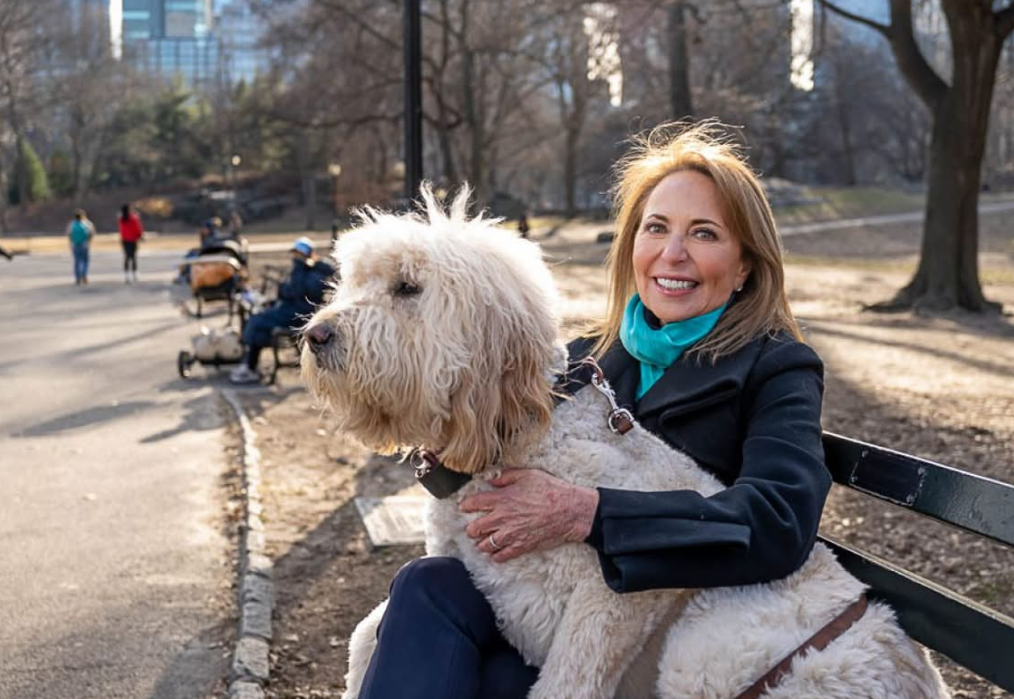The Future of The Science of Learning and Development
Pamela Cantor, M.D. and David Osher on Whole-Child Development, Learning, and Thriving in an Era of Collective Adversity, Disruptive Change, and Increasing Inequality
2025
ABSTRACT
We live in a country where children's life chances are defined largely by their zip code (Bronfenbrenner & Crouter, 1983; Chetty, Friedman, Hendren, Jones, & Porter, 2018; Manduca, & Sampson, 2019). Zip codes often dictate which schools children can attend and the quality of those schools; the quality of housing, water supply, and available food; access to high-quality health care; and the depth of formal community resources that exist to support families (e.g., see Sampson, 2016). Adults and children in low-income communities with large black, Latinx, and first nation's populations have experienced centuries of injustice due to systemic and institutional racism and oppression—including racist housing practices and education, health care, and economic policies; police control and brutality, segregation, minoritization; and marginalization—causing high levels of adversity and persistent stress, which can compromise community well-being (e.g., Duncan, Magnuson, & Votruba-Drzal, 2015; Galea, Merchant, & Lurie, 2020; Murry, Hill, Witherspoon, Berkel, & Bartz, 2015). COVID-19 and the economic destabilization it has caused, coupled with police brutality and societal unrest, compound existing inequities and create profound challenges to family and community stability, in particular for black and brown and first nation children and families (e.g., Fortuna, Tolou-Shams, Robles-Ramamurthy, & Porche, 2020). These and other prejudice-related social toxicities affect the experiences of girls and women, people with disabilities, individuals who are LGBTQ, and members of religious and ethnic minorities—worldwide. Sexism, misogyny, ableism, heterosexism, and ethnocentrism are both harmful in their own right; they also amplify and, as well, are amplified by the effects of racism and poverty (e.g., Epstein, Blake, & González, 2017).


